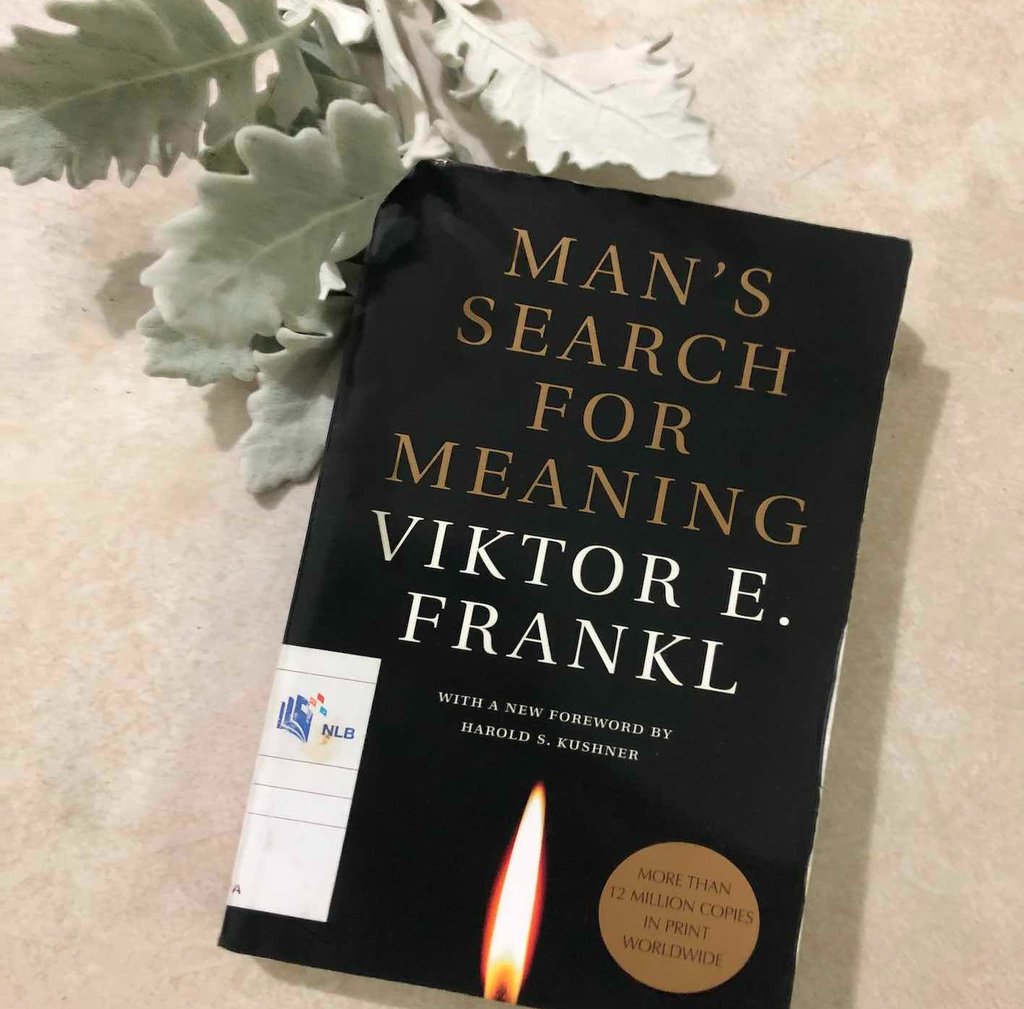Man's Search for Meaning by Victor Frankl
Viktor Frankl’s Man’s Search for Meaning is more than a memoir — it is both a record of human suffering and a guide to finding purpose in life. Frankl, a young Austrian psychiatrist, was deported to Nazi concentration camps during World War II, including Auschwitz, one of the most notorious death camps.
9/15/20254 min read


Through unimaginable suffering, starvation, and daily encounters with death, Frankl discovered a profound truth: even when everything is taken away from us, we still have the freedom to choose how we respond. This insight became the foundation of his pioneering school of psychotherapy, logotherapy, which helps people find meaning even in the face of despair.
Since its first publication in 1947, Man’s Search for Meaning has sold over 10 million copies and been translated into more than 24 languages, touching millions of lives worldwide.
Part 1: Life in the Concentration Camp
Frankl opens the book with a deeply moving and detailed account of daily life inside the camp. At first, many prisoners believed the camp was just a temporary holding place. But hope quickly faded as they saw the cruel reality — constant starvation, hard labor, and the looming presence of death.
He describes three psychological phases prisoners went through:
Shock – On arrival, they faced the first "selection," where officers decided who would work and who would be sent to the gas chambers. Frankl recalls standing in line, realizing that being sent to the right meant immediate death.
Apathy – Over time, prisoners grew numb to suffering, watching others beaten, tortured, or killed without outward reaction. This was a mental defense mechanism to survive the unbearable conditions.
Depersonalization – When liberation finally came, many prisoners felt detached from reality, unable to process freedom. Some even felt guilty for surviving when so many others had died.
Despite this, Frankl discovered that the key to survival was finding meaning, no matter how small. Those who had a "why" to live for — a loved one waiting for them, a project they wanted to complete, or simply the hope of a better future — were far more likely to endure the camp’s horrors.
Part 2: The Will to Meaning
Frankl observed that meaning could be found in three primary ways:
Through Work or a Task:
Frankl survived by imagining himself giving lectures after the war, sharing what he learned about human resilience. He mentally reconstructed the manuscript of the book he had lost when he was arrested.
Through Love:
Even though he was separated from his wife, Frankl would visualize her face, hold conversations with her in his mind, and draw strength from the hope of seeing her again. Though he later learned she had perished in Auschwitz, the love he felt gave his suffering meaning.
Through Suffering:
Frankl came to believe that even unavoidable suffering can be meaningful if we face it with courage. He saw suffering as an opportunity to grow spiritually and to prove to himself that he could endure.
This became the heart of logotherapy, which he later formalized: our primary drive in life is not pleasure (as Freud argued) or power (as Adler claimed), but meaning.
Part 3: Logotherapy – Finding Purpose in Life
Logotherapy is a therapeutic approach based on the idea that the search for meaning is the central human motivation. If a person cannot find meaning, they experience an "existential vacuum," which often leads to depression, aggression, or addiction.
Frankl argues that meaning is not something abstract or fixed but something we discover in each moment. He writes:
“What man actually needs is not a tensionless state but rather the striving and struggling for some goal worthy of him.”
He encourages us to ask not "What is the meaning of life?" but rather "What is life asking of me right now?"
Part 4: Lessons and Examples
Here are three powerful lessons from Frankl’s experience:
1. Choose Your Own Way
Frankl could not control the brutal reality of the camps, but he could control his attitude toward it. This inner freedom — the freedom to choose one’s response — became his ultimate act of resistance.
“Everything can be taken from a man but one thing: the last of the human freedoms — to choose one’s attitude in any given set of circumstances.”
2. Meaning Can Be Found in Every Circumstance
Even in the worst situations, we can find purpose. For Frankl, that purpose was sharing the message of logotherapy and honoring the love he felt for his wife.
3. Life’s Meaning Changes Over Time
Meaning is not a single lifelong goal but something that evolves. Our purpose at one stage of life may not be the same at another. What matters is to keep seeking — and to embrace the struggle that comes with pursuing something worthwhile.
Conclusion
Man’s Search for Meaning is both a haunting memoir and a timeless guide to resilience. It teaches that even in the face of suffering, loss, and despair, life can still hold meaning — and that meaning is often what allows us to endure.
Frankl’s central message is clear: we may not always choose our circumstances, but we can always choose our response.
